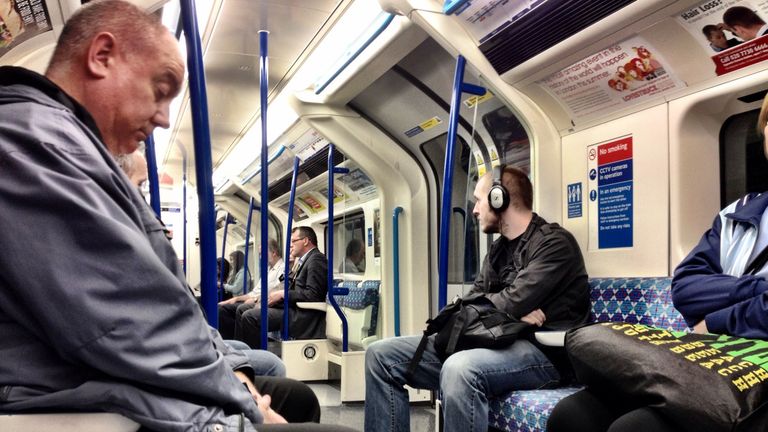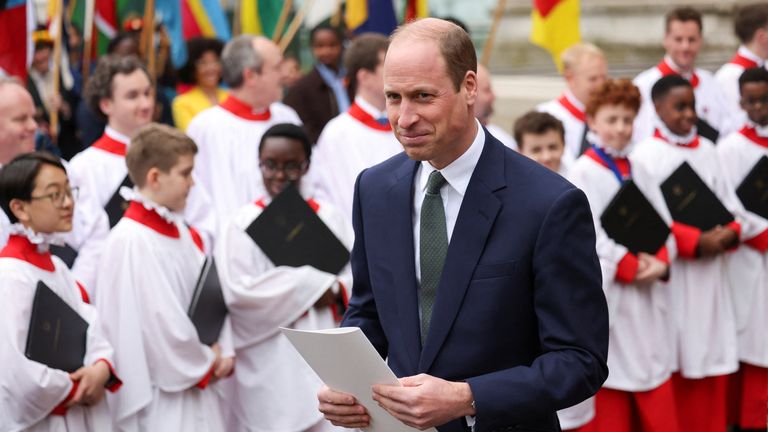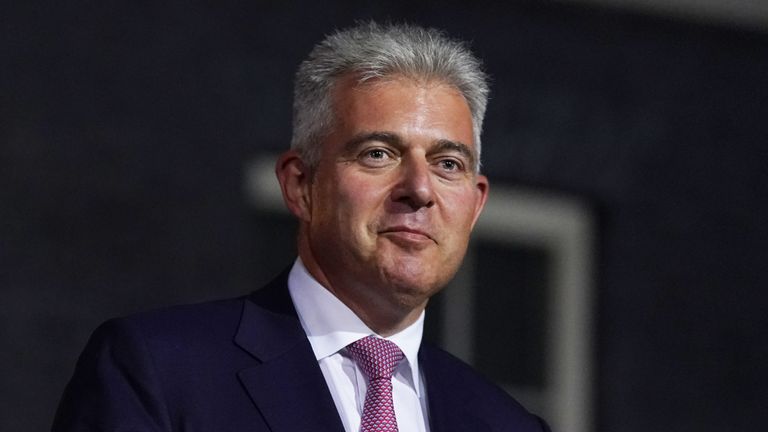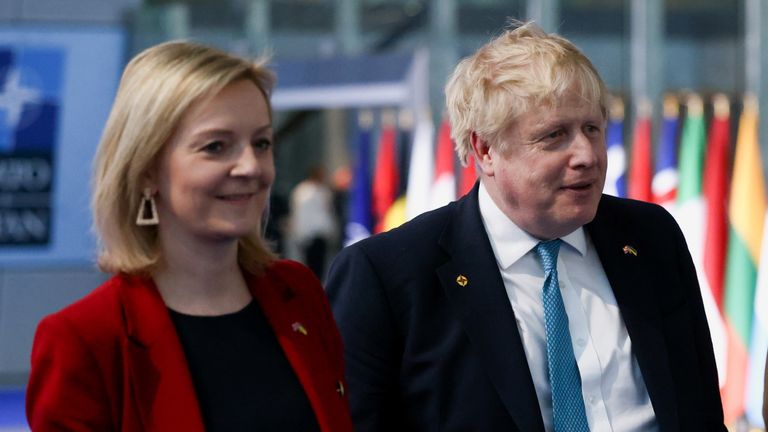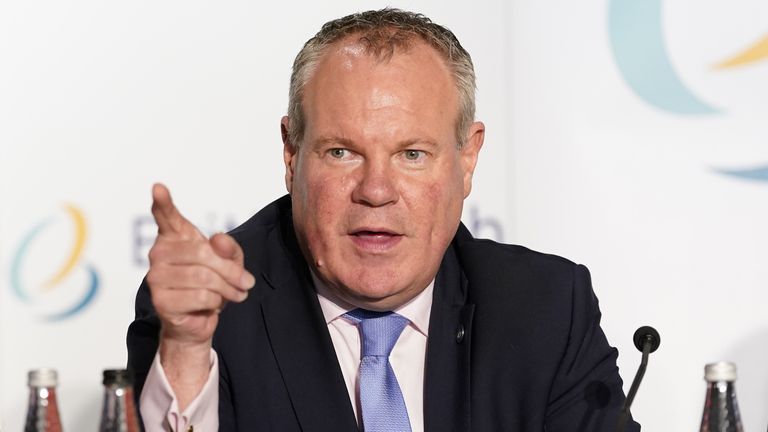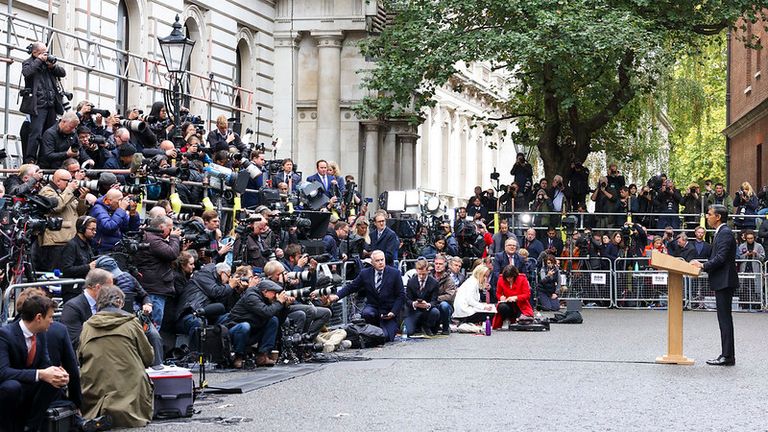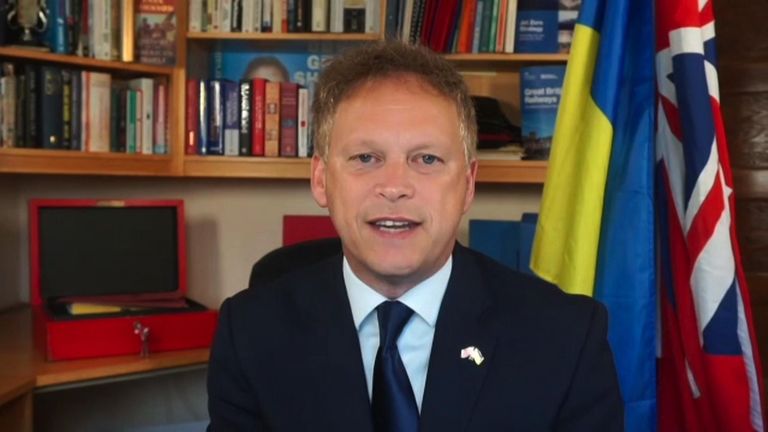Flexible working now a legal right for all workers from first day in job | UK News
Employees across the country have today been granted the legal right to request flexible working from the day they enter a new job.
Previously, the right was only applicable if someone had worked for their employer for 26 weeks or more.
The Flexible Working (Amendment) Regulations 2023 gained Royal Assent in July as Kevin Hollinrake, the business and trade minister, backed the measure for “a happier workforce [which] means increased productivity”.
Flexible working is a broad term but encompasses a different style of work from the conventional 9-5 in the office, and could include adaptations to where someone works, to save them from commuting, for example.
The term and its implementation first came into effect under Tony Blair’s government in the early 2000s where parents of children under six and carers of those under 18 could ask for a flexi working arrangement.
More legislation was introduced, but since the COVID-19 pandemic, flexible working accelerated in terms of “understanding” and the “demand for it”, Peter Cheese, chief executive of the Chartered Institute of Personnel and Development, said.
Mr Cheese said the new law “stands to benefit millions of people, helping them to balance their work and life commitments and give them more say and more opportunity in where and how they work”.
He said flexibility around time, scheduling and where someone worked could be “transformative” especially for those with health conditions, caring responsibilities or other life choices they wished to make.
He added: “With an ageing population and rising levels of economically inactive people due to ill health, flexible working is more important than ever, and has been shown to support better wellbeing, making it good for individuals as well as organisations.”
As from 6 April, employers have a duty to consult with workers before they can refuse a flexible working request.
Coodes Solicitors listed some reasons why a demand could be rejected, including the arrangement costing the business too much, a negative effect on performance and the inability for the company to hire more team members.
The conciliation service Acas published a new statutory Code of Practice on requests for flexible working alongside guidance, which its chief executive Susan Clews said would “help employers and employees avoid any pitfalls”.
Ms Clews said: “There are many types of flexible working such as part-time working, flexitime, job sharing, staggered hours, hybrid and homeworking. The starting position for businesses should be to consider what may be possible.”
A study of 4,000 workers by campaign group Timewise found that half would consider asking for a flexible pattern of work using the day one right to request in a new job.
Read more from Sky News:
British great-grandfather becomes world’s oldest living man
Heathrow border force strikes suspended
Research by campaign group Pregnant Then Screwed found that mothers are twice as likely than fathers to ask for flexible working after parental leave.
Joeli Brearley, chief executive of the group, said: “Mothers are more likely to shoulder the lion’s share of the unpaid labour required to care for children and manage a household.
“As a result, they are more likely to need flexible working. Just three in 10 job adverts offer flexibility, limiting the progression opportunities and earning potential of mothers.”
